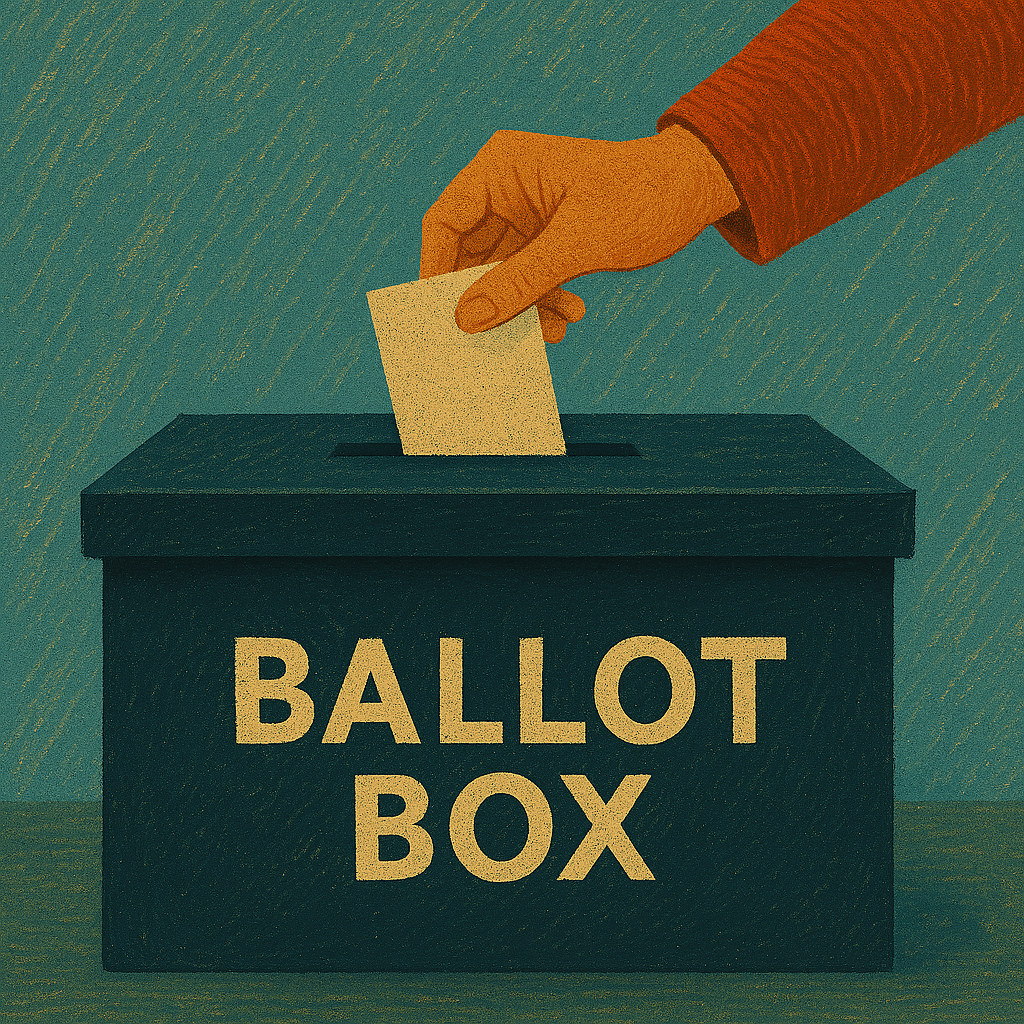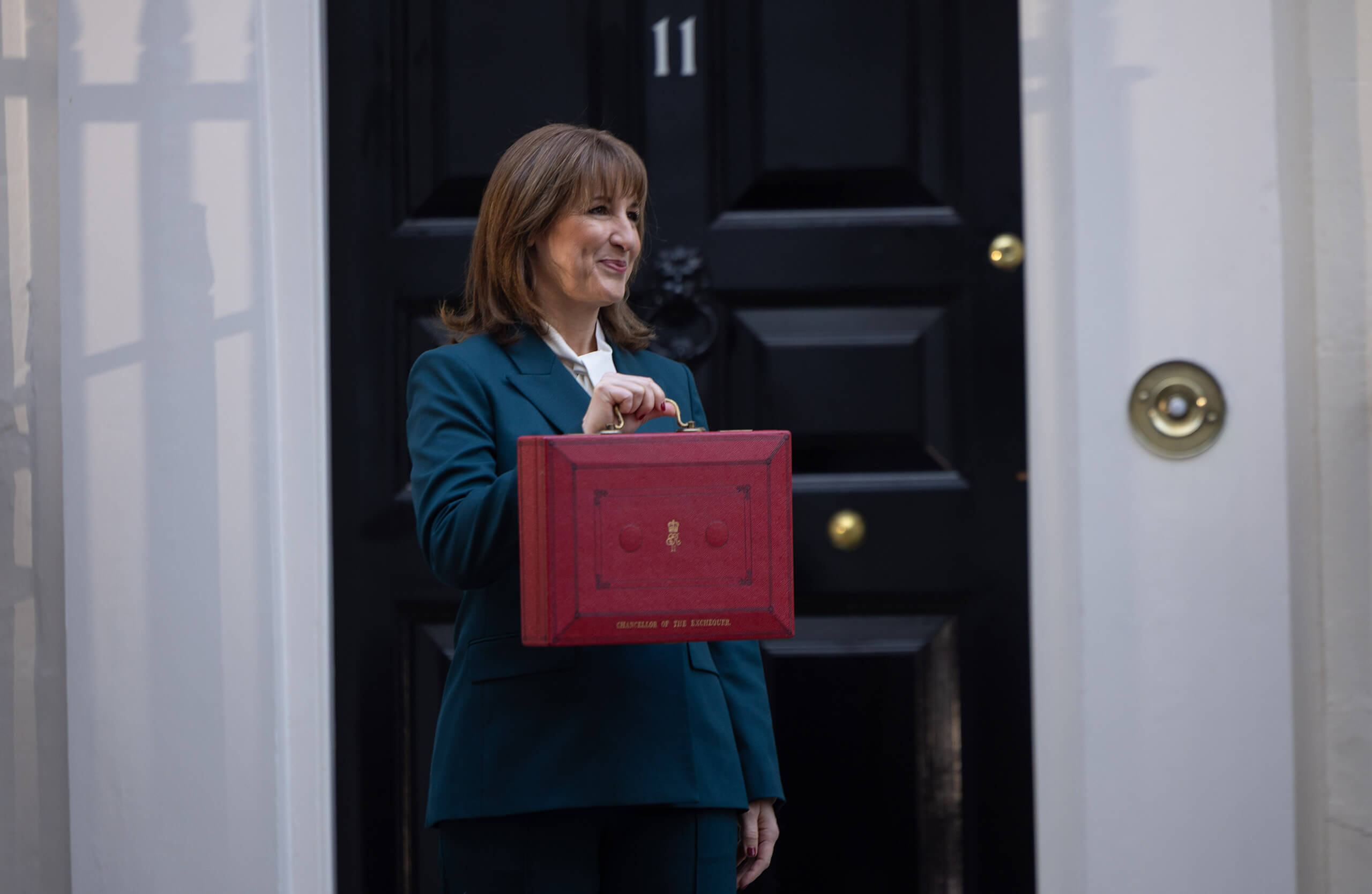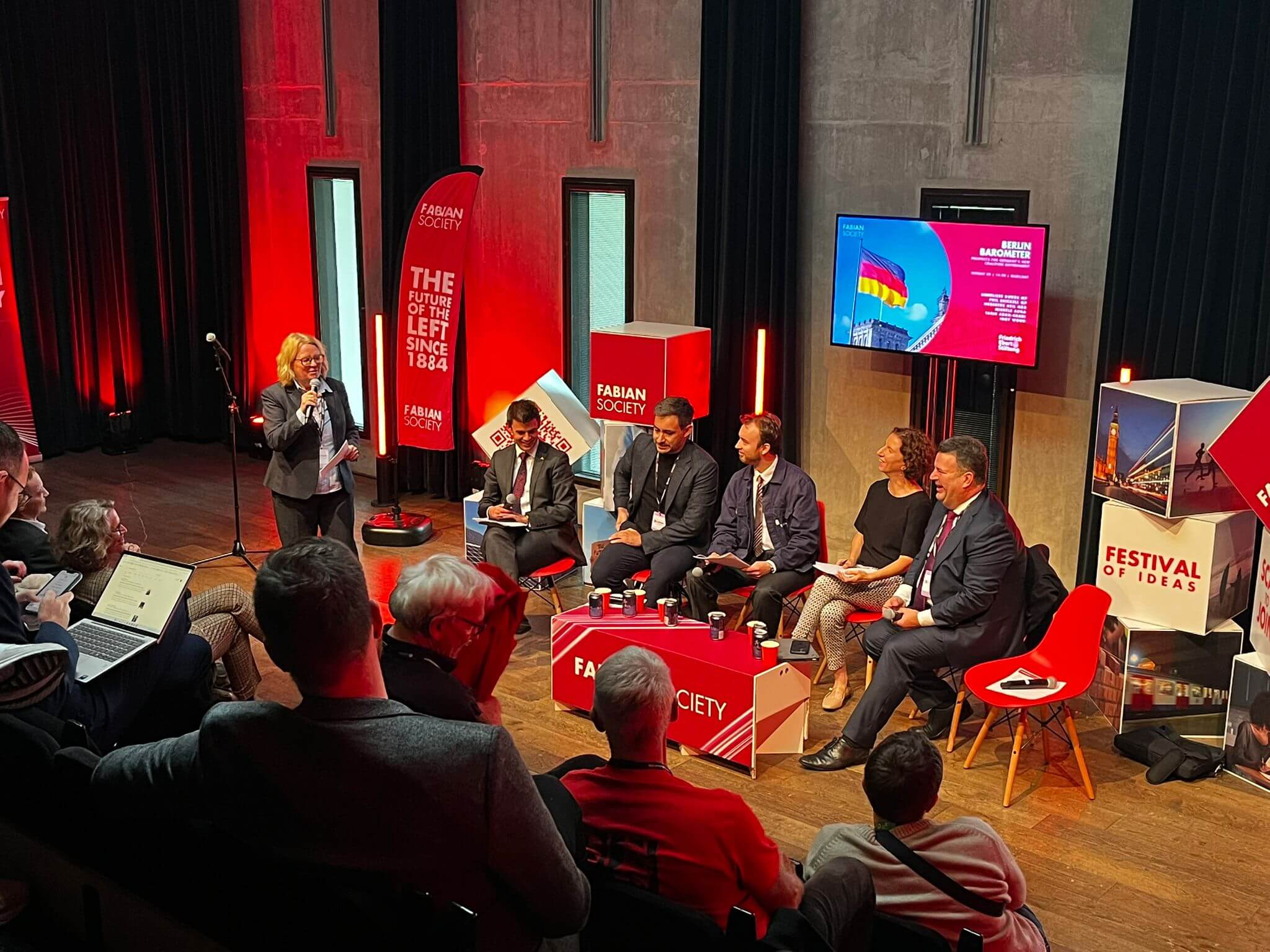In a democracy, voter turnout is currency. It’s the clearest form of political engagement we have: a binary moment where the public registers its voice. But beneath this appearance of collective agency lies a stark inequality. The ballot box, it turns out, is not accessed equally. Among the more enduring divides is the one between homeowners and renters. Homeowners vote. Renters often do not. And that gap is not just about personal choice or political disinterest – it is structural, systemic, and increasingly decisive.
A tale of two electorates
The numbers speak plainly. In the UK’s 2024 General Election, turnout among homeowners was 21 points higher than among renters. In the US, the 2020 presidential election saw similar disparity: 71% of homeowners voted, compared to 55% of renters. Gaps also hold across age groups, ethnicities, and regions.
These figures are not only academic. They point to an electoral system disproportionately shaped by one side of the housing divide. In many marginal constituencies, the deciding vote doesn’t come from the ideological swing voter – it comes from those with housing-security.
This matters for obvious reasons. Homeowners, with greater stake in local property values and council tax decisions, have interests that are often longer-term, more conservative, more resistant to change. Renters, by contrast – especially younger, more mobile ones – are statistically more progressive, more in favour of housing reform, and more open to redistributive policies. But when they don’t turn up to vote, their preferences don’t register in policy or representation.
Structural barriers, not apathy
It is easy, but lazy, to chalk this up to political apathy. Yes, renters are on average younger, and youth turnout is historically lower. But the reality is more complex. Renters often face unique logistical challenges: they move more frequently, which means re-registering to vote more often. Many live in shared housing, where polling cards may go astray or council posts are unopened. Insecure tenancies mean people may be displaced between elections or feel less tied to a community. A short lease doesn’t lend itself to long-term civic investment.
Then there is the psychological toll of precarity. Renters are more likely to experience financial stress, housing instability, or poor living conditions – issues which can contribute to disengagement or a sense of political futility. As the Joseph Rowntree Foundation found in their 2024 study, those facing economic hardship are far less likely to believe that politics can improve their lives. This is not disengagement – it’s disenchantment.
The system reflects the voters
Democracy, when skewed toward the more stable and affluent, reflects their preferences. In housing policy, this plays out plainly. Homeowners benefit from policies like Help to Buy, stamp duty freezes, and planning restrictions that limit development near existing homes. Renters, meanwhile, face rising rents, insecure tenancies, and sluggish reform. Renters want rent control, improved housing standards, and an overhaul of the private rental sector. Homeowners – particularly those with investment properties – often oppose these measures.
The result is a policy feedback loop. Elected officials, consciously or not, cater to the demographics who show up. As Will Jennings and Gerry Stoker have argued in their work on democratic inequality, participation gaps often beget policy gaps, which in turn reinforce the very inequalities that caused them. When renters are underrepresented electorally, they become politically invisible. And when renters don’t see policies designed to help them, they disengage further.
Power and perception
There’s also a cultural and emotional angle. Homeownership in the UK and many Western nations has long been a symbol of success, maturity, and civic virtue. Politicians of all stripes – from Thatcher’s Right to New Labour’s Centre – have framed home ownership as the cornerstone of a stable society. Renters, conversely, are often cast as transient, unreliable, or irresponsible. This narrative has a real impact.
Studies show that homeowners are more likely to be on resident associations, attend council meetings, and be perceived as legitimate community voices. Renters – particularly those in shared or social housing – often aren’t. The issue isn’t just statistical. It’s social. It’s about who gets to belong, and who feels heard.
What can be done?
If we are serious about equalising democratic voices, we have to address this imbalance. Part of the solution lies in practical reform. Automatic voter registration – already adopted in countries like Canada and parts of the US – could help by removing one of the major friction points for renters. Allowing same-day registration for those who are unaware of elections (although this could create a new problem of politically unconscious people overrunning the ballots). Even finding a way to paint the voting process in a different light to the younger generations could foster a long term shift in the level of respect given to voting.
But reform must go further. Housing itself must be made more secure. Longer tenancies, rent caps, and better enforcement of standards can help renters feel more anchored and invested in their communities. Where people feel they belong, they are more likely to vote. Where housing is precarious, civic engagement becomes peripheral.
Civic education, too, plays a role. Many renters, especially younger ones, report feeling disconnected from local decision-making structures. Councils and electoral commissions must do more to engage them – not just in the run-up to elections, but year-round. Targeted outreach, voter registration drives in high-rent areas, and better communication in multiple languages can make a difference.
But perhaps the most important shift is narrative. We must retire the myth that renters are politically indifferent or somehow less civic-minded. They are not. They are often frustrated, disillusioned, or overwhelmed. These are not character flaws. They are the rational responses of people who live in a system that was not built for them.
Towards democratic parity
There is a simple truth at the heart of this issue: housing status should not dictate democratic power. Yet, in practice, it does. And while it may be politically convenient for some, it is democratically corrosive for all.
The goal is not to turn every renter into a homeowner, nor to pretend that housing alone determines political identity. The goal is parity – equal voice, equal stake, equal access to the levers of representation. Because when half the room isn’t speaking, we should stop pretending we’ve had the full debate.







